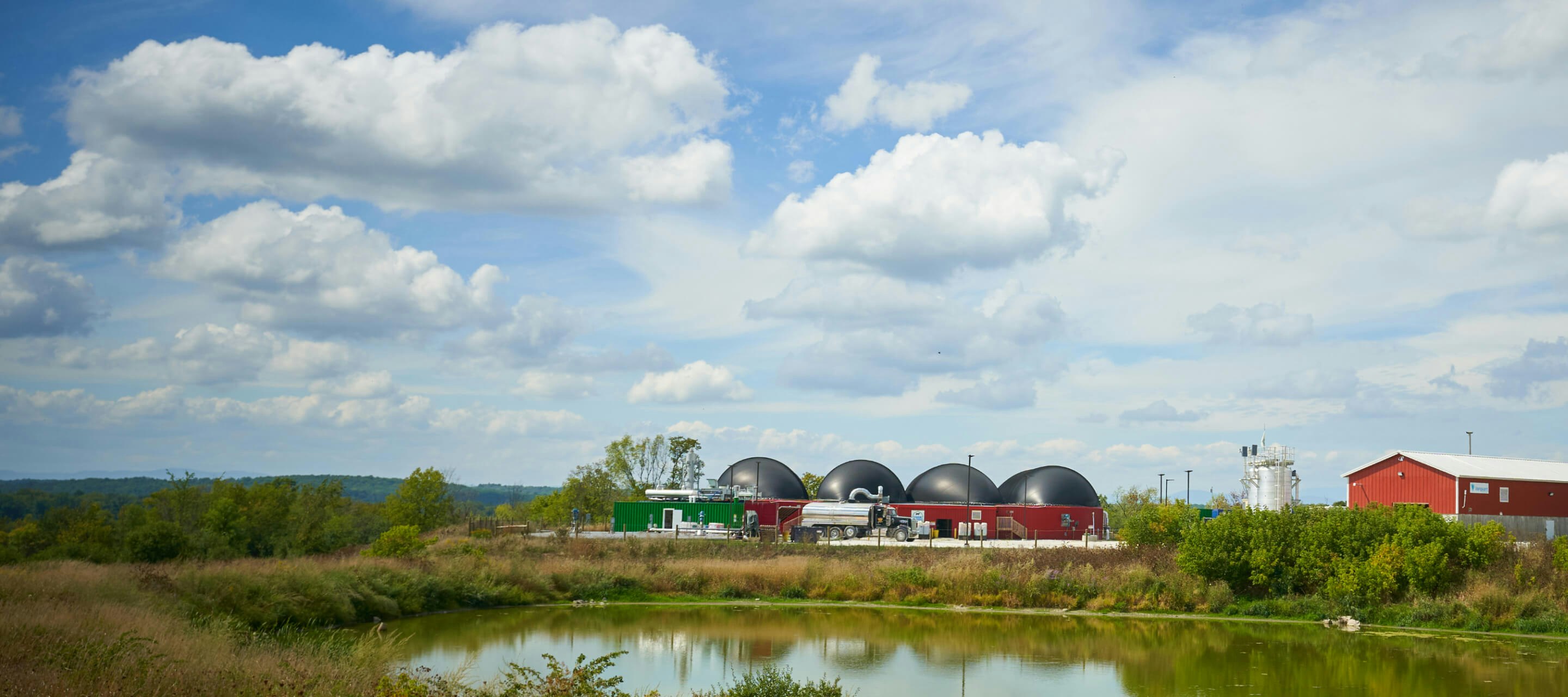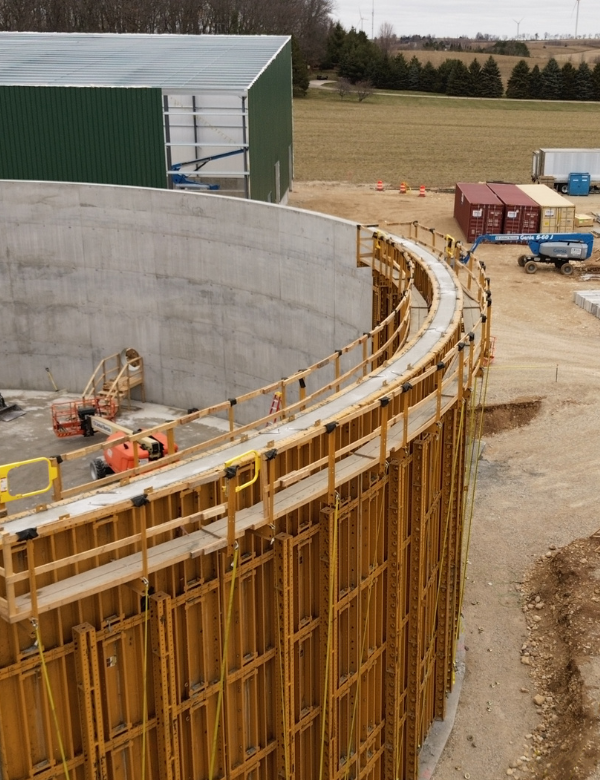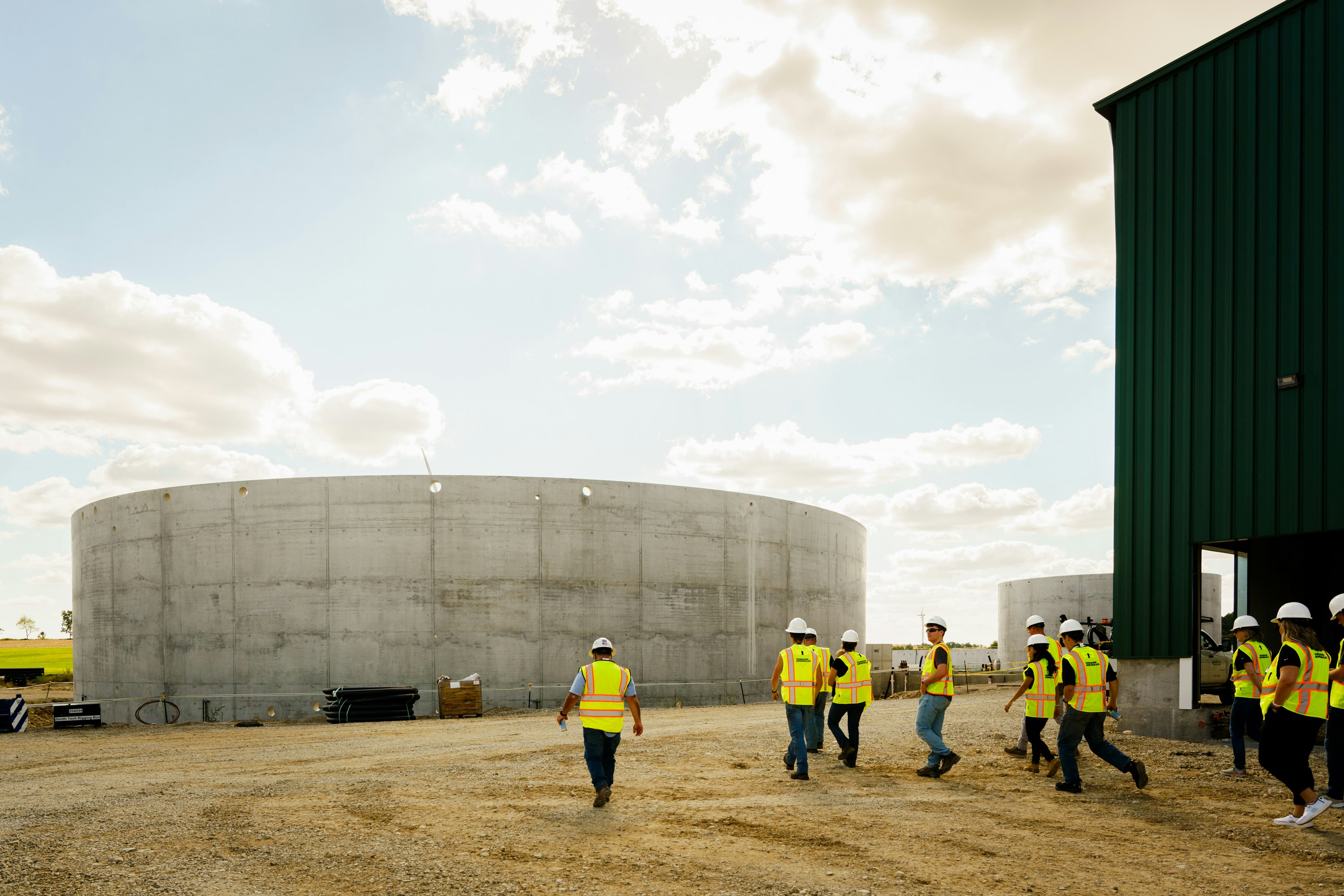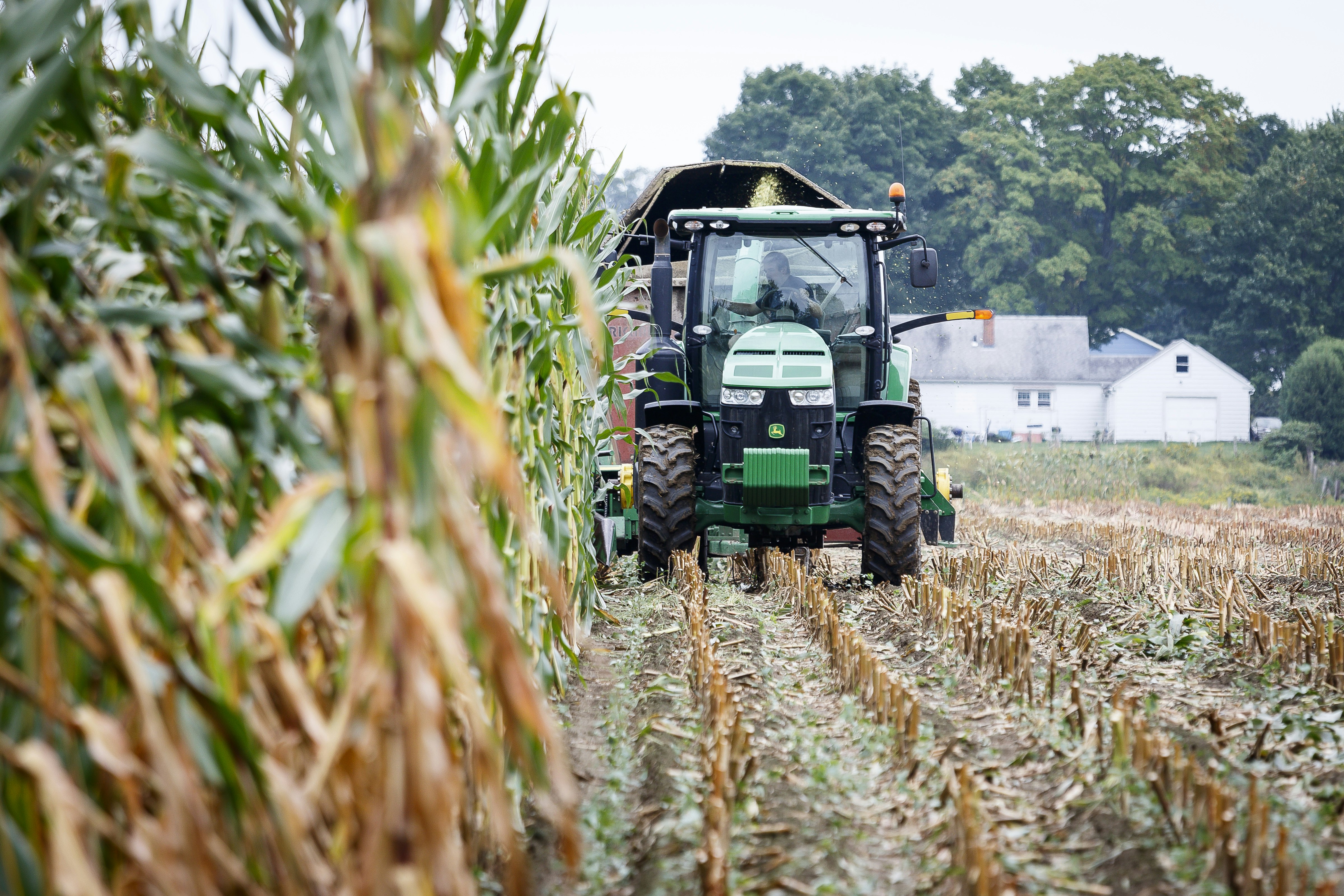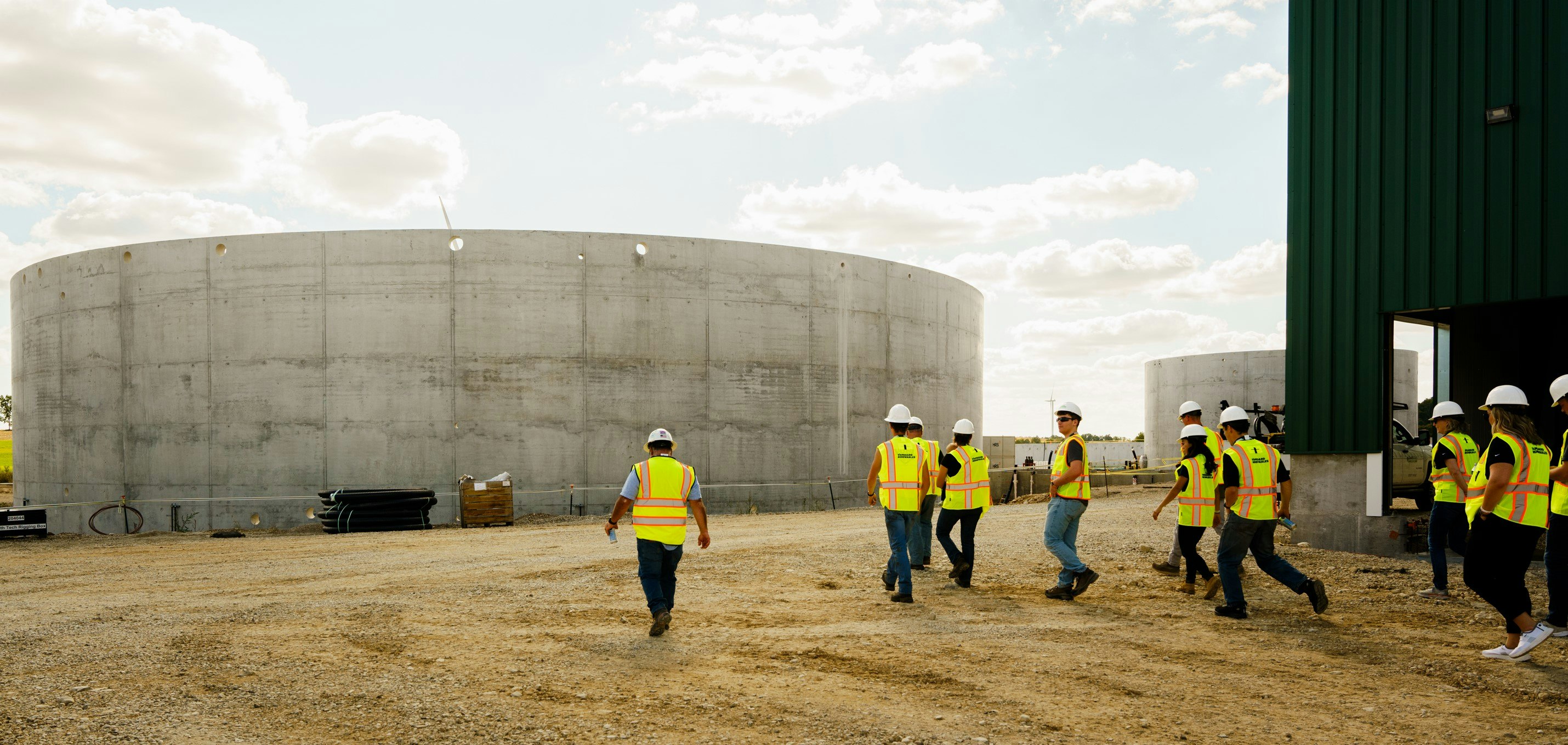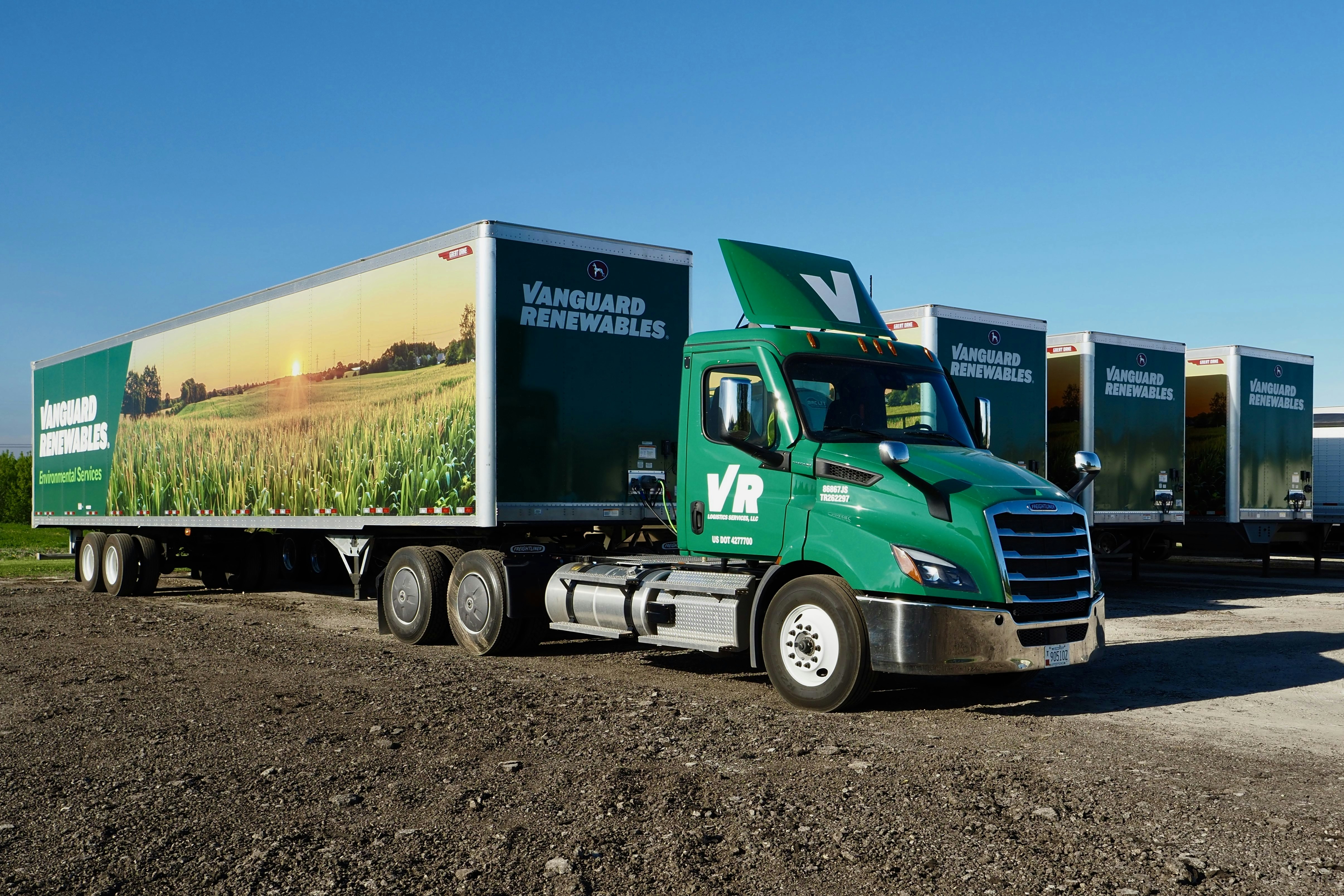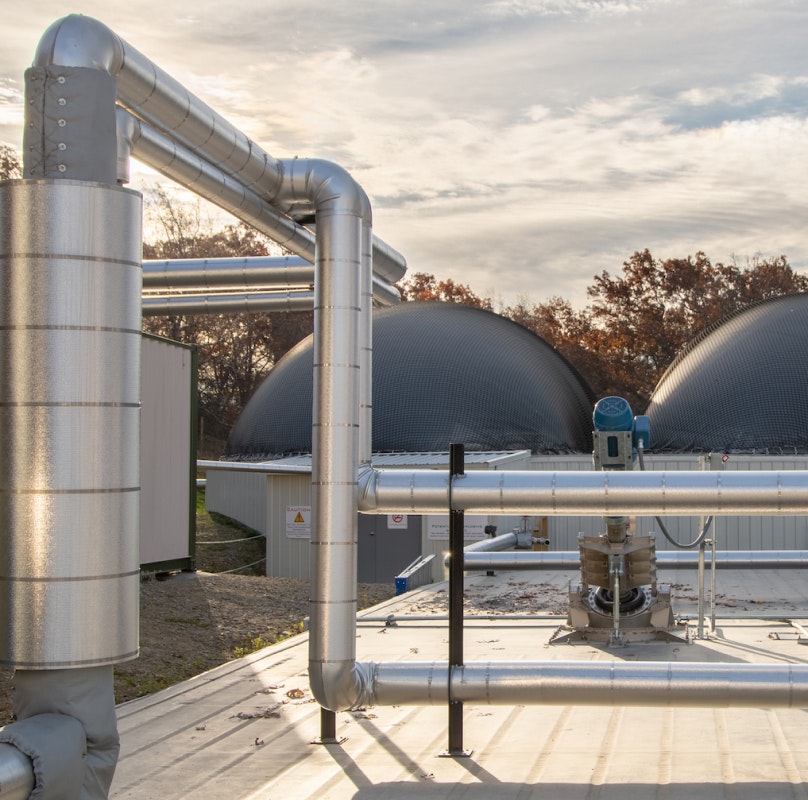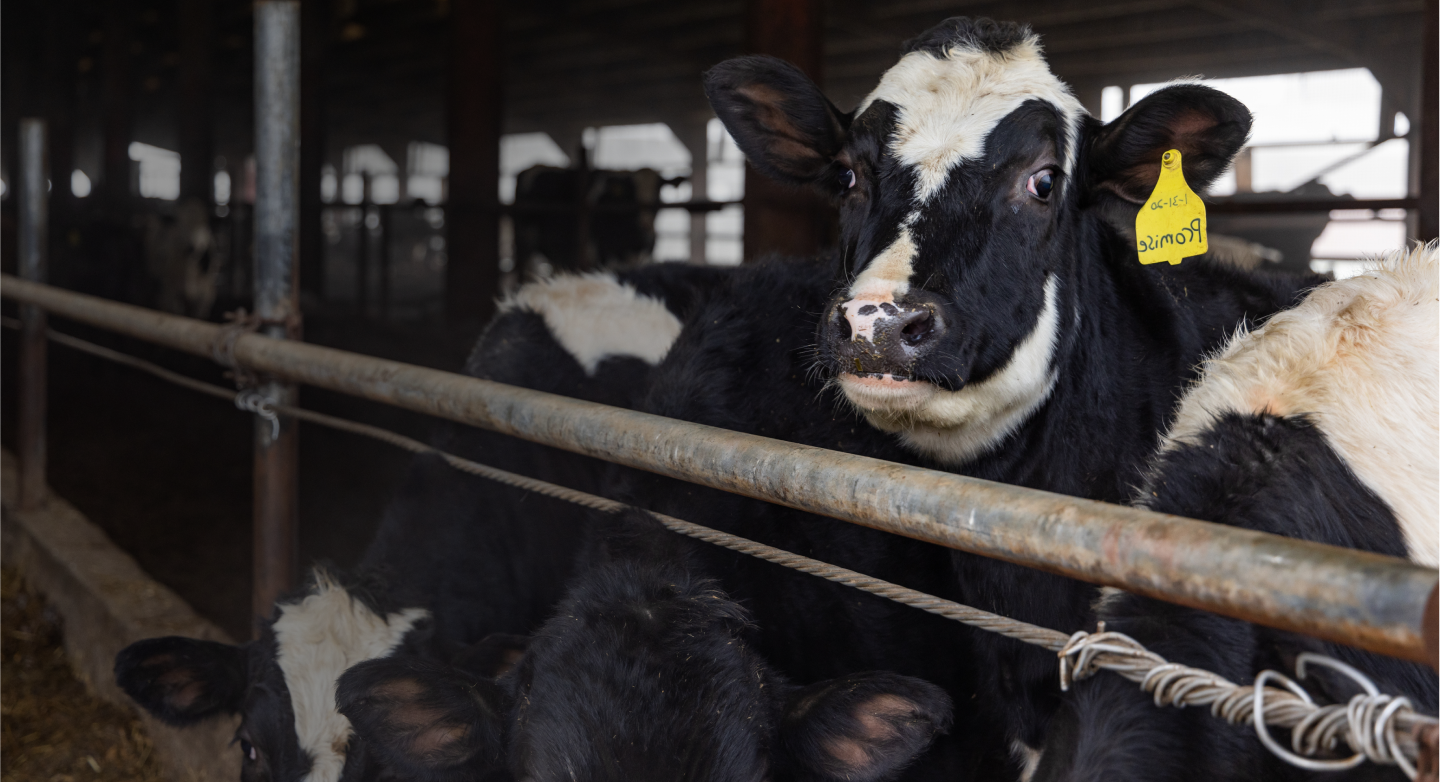Wisconsin, Let's Rethink Our Food Waste
August 29, 2025
By Angel Logic, Organics Market Manager — Wisconsin
A recent statewide characterization study found that food waste makes up nearly 21% of Wisconsin’s landfill stream, with wasted edible food alone accounting for 14.5%. That’s more than 850,000 tons of food waste annually; resources that could be recovered, repurposed, and redirected into more value-generating pathways.
To address this, Wisconsin has set an ambitious goal to cut per-capita food waste going to landfills by 50% by 2030. While no formal food ban has been enacted yet, the Wisconsin’s Department of Natural Resources (DNR) is actively supporting progress by evaluating infrastructure, offering technical assistance, and requiring many commercial generators to segregate food waste.
For food and beverage manufacturers and retailers, this presents a unique opportunity to get ahead of mandates and lead the momentum toward a more sustainable food waste future.
A Proven Solution
One of the most promising solutions to landfill diversion is already well-established in Wisconsin: anaerobic digestion (AD). The state ranks second only to California in AD infrastructure, with 136 operating digesters across municipal, agricultural, and industrial sectors.
While other options like composting also keep organic waste out of the landfill, anaerobic digestion does so while also capturing the methane released from the decomposing food waste. The captured methane is then converted into renewable natural gas (RNG), a low-carbon fuel alternative that can be used to power fleets, heat buildings, or generate electricity, all while reducing greenhouse gas emissions and supporting local energy resilience.
Removing Barriers to Participation
Despite its benefits, AD has historically been out of reach for many food and beverage manufacturers, especially those dealing with packaged waste like expired, off-spec, or recalled products. Diverting these waste streams from landfills can often be cost-prohibitive and inefficient due to the need for manual depackaging.
Vanguard Renewables removes that barrier. Our advanced depackaging systems, including automated bag breakers, sorters, and deboxers, can handle a wide range of packaging types efficiently and at scale. That means more materials can be diverted from landfill, and more businesses can participate in sustainable waste recovery.
Beyond AD: A Flexible, National Network
While AD is our flagship solution, it’s not the only one in our toolkit. We work with over 450 strategic partners nationwide to ensure every material stream matches its most efficient and responsible end use. If a waste stream isn’t suitable for AD, we route it to composting, animal feed, or other sustainable recovery methods.
This flexibility ensures that Wisconsin businesses aren’t locked into a one-size-fits-all model. Instead, they get tailored solutions that meet their unique operational needs, budget, and sustainability targets.
Ready to turn your waste into a strategic advantage? Fill out our waste evaluation form to get started with a free waste audit and feedstock consultation and join our next webinar on Wednesday, 9/10 to learn more about our solutions.
Angel Logic
Organics Market Manager — Wisconsin
[email protected]
719-725-3712
About the Author
Angel Logic has over a decade of experience in procurement and is passionate about solution offerings and making a positive impact on the world. Outside of work, she keeps herself busy with her “mom routine” and daydreaming about being a homesteader.
